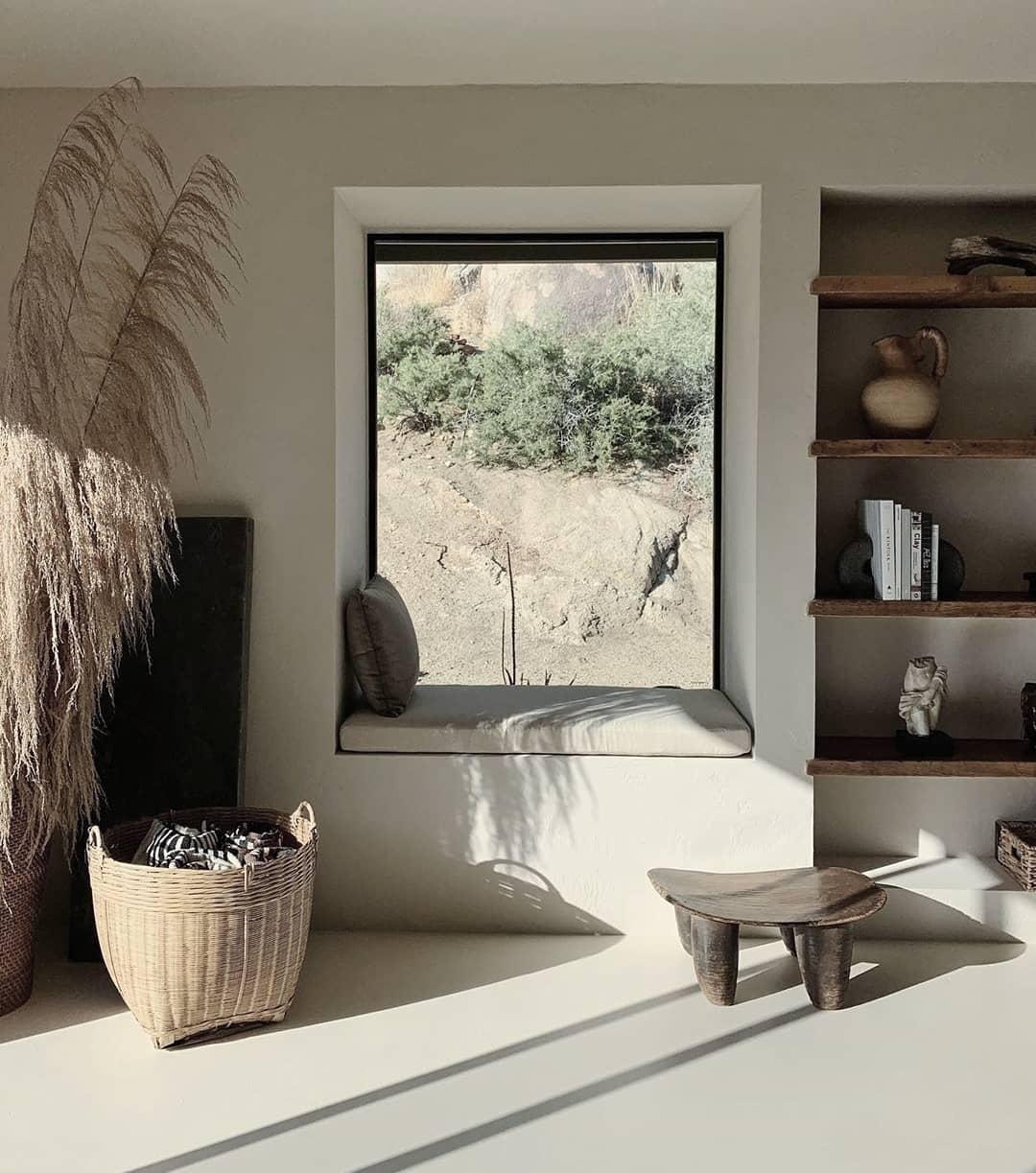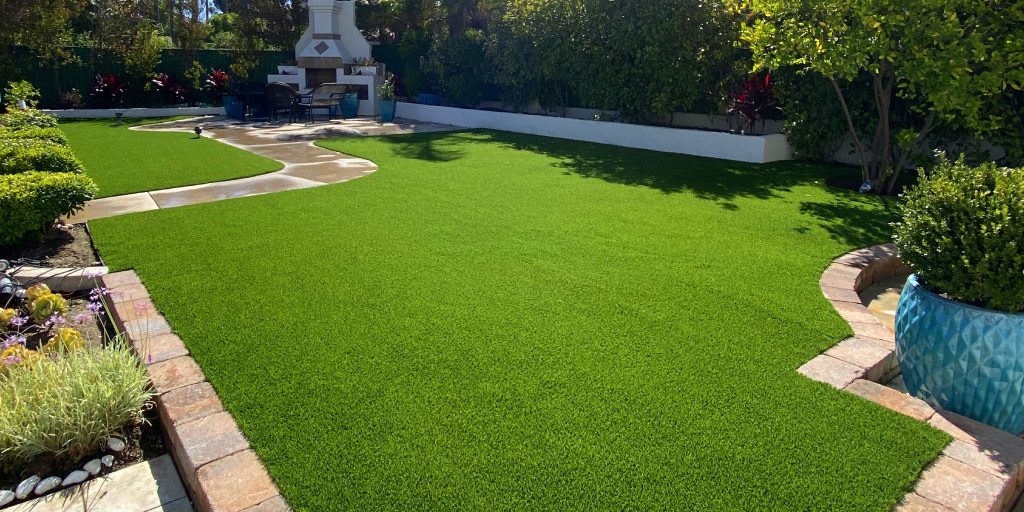Embracing Wabi-Sabi: Finding Beauty in Imperfection

The Essence of Wabi-Sabi Aesthetic
In a world that often celebrates perfection and symmetry, the Wabi-Sabi aesthetic emerges as a refreshing counterpoint. Rooted in Japanese philosophy, Wabi-Sabi finds beauty in imperfection, impermanence, and simplicity. This aesthetic encourages us to embrace the natural cycle of growth and decay, recognizing the inherent beauty in the flawed and the transient.
Imperfection as a Form of Beauty
At the core of Wabi-Sabi is the idea that imperfections are not defects but rather unique expressions of character. Whether it’s a crack in a ceramic bowl or the weathered surface of aged wood, these imperfections tell a story of time and experience. Embracing imperfection in our surroundings allows us to appreciate the authenticity and individuality that comes with the passage of time.
Finding Harmony in the Impermanent
Wabi-Sabi also celebrates the transient nature of life. The impermanence of all things is a fundamental concept, and this awareness encourages us to live in the present moment. In a society that often craves the latest trends and perpetual youth, Wabi-Sabi offers a different perspective—one that acknowledges the beauty in the aging process and the patina that time bestows upon objects.
Simplicity in Design and Lifestyle
Simplicity is a key element of the Wabi-Sabi aesthetic. This extends not only to the physical appearance of objects but also to the overall way of life. In a world cluttered with excess, Wabi-Sabi encourages a minimalist approach, appreciating the beauty that arises when unnecessary elements are removed. This simplicity fosters a sense of calm and tranquility in our living spaces.
Connection with Nature
Wabi-Sabi draws inspiration from nature, emphasizing a connection with the natural world. The beauty of a weathered stone, the irregular shapes of leaves, or the patina on a piece of driftwood—all these elements evoke the Wabi-Sabi aesthetic. Integrating natural elements into our surroundings helps us create spaces that resonate with the organic simplicity inherent in Wabi-Sabi.
Wabi-Sabi in Art and Creativity
The influence of Wabi-Sabi extends into various forms of art and creative expression. Artists and designers embrace the aesthetic by incorporating asymmetry, simplicity, and natural materials into their work. The Wabi-Sabi approach challenges conventional notions of perfection, inviting a deeper, more contemplative appreciation for art that mirrors the imperfect beauty found in everyday life.
Applying Wabi-Sabi in Home Decor
Infusing your home with the Wabi-Sabi aesthetic involves choosing items that embody simplicity and natural beauty. Consider furniture with organic shapes, textiles that show signs of wear, and artwork that captures the essence of imperfection. By curating your living space with a Wabi-Sabi mindset, you create a harmonious environment that resonates with tranquility.
In the pursuit of embracing the Wabi-Sabi aesthetic in your living space, consider the transformative power of paint. Southern Pride Painting LLC specializes in capturing the essence of Wabi-Sabi through expertly applied finishes and textures. Explore the possibilities at Wabi-Sabi Aesthetic and discover how the art of painting can contribute to the serene beauty of imperfection.
Embracing Wabi-Sabi in Everyday Life
Beyond design and aesthetics, Wabi-Sabi is a philosophy that can be applied to our daily lives. It encourages mindfulness, gratitude for the present moment, and an appreciation for the simple joys of life. By adopting the principles of Wabi-Sabi, we can cultivate a more profound sense of well-being and find beauty in the ordinary moments that make up our existence.
In conclusion, the Wabi-Sabi aesthetic offers a profound shift in perspective—a celebration of imperfection, impermanence, and simplicity. It is a timeless philosophy that invites us to see the beauty in the world around us, not despite its flaws but because of them. As we integrate Wabi-Sabi into our lives, we embark on a journey of discovery, finding grace in the imperfect and beauty in the transient.



